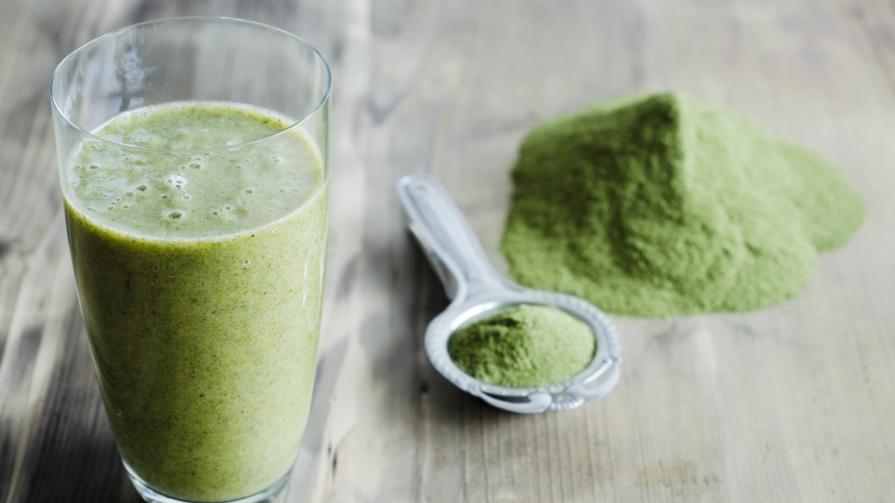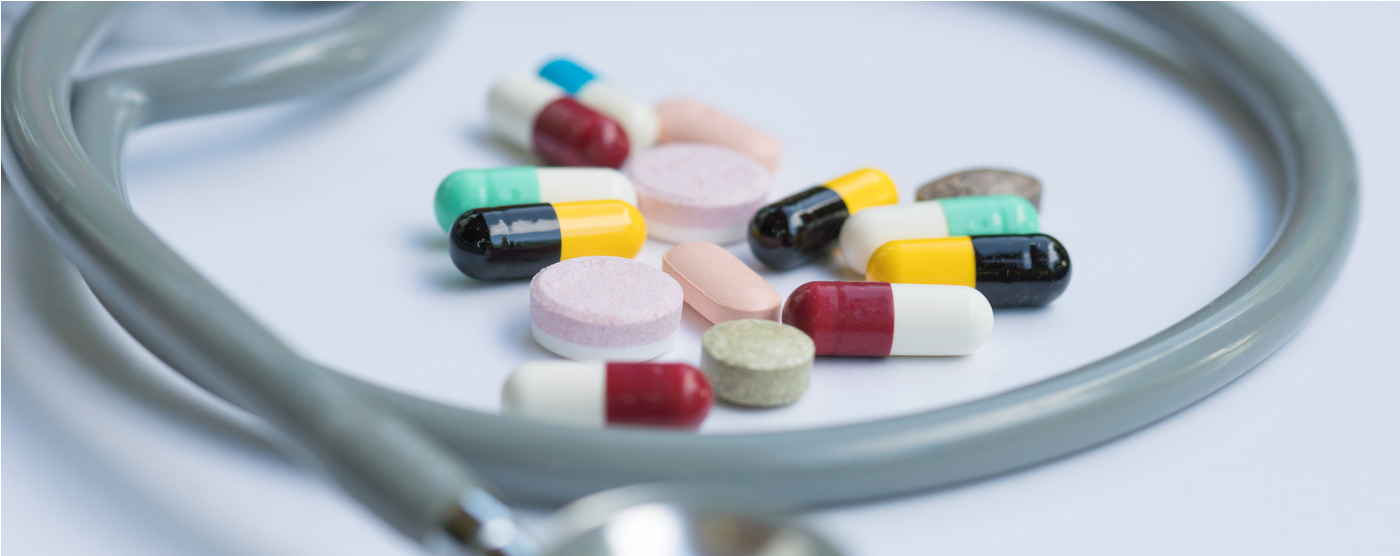Top 10 Supplements for Vegans and Vegetarians
These expert-approved vitamins and minerals will ward off nutrient deficiencies.
IT’S A CHALLENGE for the average American to adhere to the USDA’s nutritional recommendations and get the necessary vitamins and minerals from natural food sources alone. Now eliminate meat or, even more extreme, all animal products like eggs and dairy altogether. That’s the difficult reality vegetarians and vegans (especially) face every day.
Some vegans are able to eat a balanced diet—consisting of whole grains, legumes, seeds, and nuts, as well as vegetables, fruits, and unsaturated fats—and get close to the recommended allotment of vitamins and nutrients, but others have dietary deficiencies, according to new research from the University of Eastern Finland, caused by inadequate intake and unbalanced use of these food sources and a failure to use nutrient-fortified food products.
In the study, researchers analyzed the nutritional status of six men and 16 women who have been following a vegan diet for about eight years, as well as a control group comprising eight men and 11 women who followed a nonvegetarian diet. The researchers zeroed in on participants’ food intake (measured from three-day food records) and concentrations of nutrients (measured by blood and urine samples) that are generally lacking in vegetarian foods—such as: vitamin B12, vitamin D, selenium, iodine, and essential fatty acids.
The vegan group exclusively dined on plant-based foods, and their intake of legumes, tofu, and soy flour was higher than the control group’s. What’s more, 91% of the vegan group and 78% of the control group were using nutrient supplements. Ninety-one percent of the vegan group took vitamin B12 supplements, 77% took vitamin D, and the majority (percentage not indicated) consumed calcium-fortified drinks.
Here’s where the vegans were OK:
– Vitamin B12 concentrations in the vegan group for the most part were within the reference values, as were the values of the control group.
And here’s where they were lacking:
– Serum vitamin D concentrations were below the reference values in a quarter of the vegan group, and in just 6% of the control group;
– beta-carotene;
– selenium;
– iodine;
– essential EPA and DHA fatty acids.
So, we asked life-long vegetarian Vandana Sheth, R.D.N., C.D.E., registered dietitian, nutritionist, and spokesperson for the Academy of Nutrition and Dietetics, for her recommendations on the supplements indicated above as well as her own top choices to help vegans fill the nutrient gaps.
You probably don’t need all 10 of these supps. Sheth’s top choices are B12, D, calcium, omega 3 fats, iron, and zinc. But take a look at the additional add-ons based off the study’s findings and a vegan diet’s typical inadequacies (e.g., a lack of protein). After, take an honest look at your diet and meet with an R.D. to assess where yours is falling short; a blood test can reveal all the holes.
Always consult your doctor or nutritionist before adding a new supplement (especially more than one) to your diet!
Vitamin B12
Vitamin B12 (containing cyanocobalamin) is already widely used by strict vegetarians and vegans because it’s found in animal foods. “B12 helps keep our body’s nerve and blood cells healthy,” Sheth says. What you might not know is its absorption is inversely related with its dosage, she says. “While the recommended daily allowance is 2.4 micrograms, this is with the assumption that some B12 is being obtained from food,” she explains. “However, if you’re not getting any B12 fortified foods, you’ll benefit from taking 25-100mcg B12 supplements every day or taking a bigger dose a few times per week.”
Average daily recommendation: 2.4 micrograms—per National Health Institute Office of Dietary Supplements
Vitamin D
Vitamin D is helpful in maintaining strong bones. You know that. It also plays an important role in bolstering your immune system. Here’s the tricky part, though: “Typical supplement D3 (cholecalciferol) is derived from animals, so it may not be an option for vegans based on ethical reasons,” Sheth explains. “If this is the case, consider D2 (ergocalciferol) which is derived from yeast and mushrooms exposed to ultraviolet rays.” Both D2 and D3 are helpful in raising vitamin D levels in the blood, but D3 is more effective because D2 levels drop faster in the blood. That being said, if you’re supplementing with D2, it’s better to take smaller doses daily rather than larger doses on a less-frequent basis.
Average daily recommendation: 600 International Units—per National Health Institute Office of Dietary Supplements
Calcium
Calcium plays a key role in maintaining strong bones, but it also helps you recover properly after high-intensity exercise and endurance events in the short-term as well as prevent osteoporosis in the long-term. Unlike B12, calcium can be consumed in a vegan diet from plants as well as fortified foods. It all comes down to bioavailability, or how easily it can be absorbed and used by the body. “For example, calcium from kale, mustard greens, bok choy, and broccoli can be absorbed at a ~60% rate compared to calcium from cow’s milk, which is absorbed at ~30%,” Sheth says. (Medicine delivered intravenously in the body has a bioavailability of 100%; the higher the percentage, the better.) It seems counterintuitive since cow’s milk has more biological calcium than, say, broccoli, but it’s easier for our bodies to absorb the calcium from these plants. That’s not the case for all plants, though.”Calcium found in high-oxalate vegetables such as spinach allow for little to be absorbed by your body,” she adds. Oxalates are organic acids that naturally occur in foods like rhubarb, leeks, spinach, and beets. The problem is they bind to calcium, preventing it from getting absorbed.
Average daily recommendation: 1,000mg—per National Health Institute Office of Dietary Supplements
Beta-carotene
Beta-carotene turns into vitamin A in the body. “Vitamin A plays a key role in your vision, immune system, and reproduction, as well as ensuring your major organs work properly,” Sheth says. But she also notes it’s important to inform your physician about taking vitamin A since it’s best to get beta-carotene from food sources. The richest foods include yellow and orange produce like carrots, tomatoes, sweet potatoes, cantaloupe, and winter squash, and green leafy fruits and vegetables like spinach, lettuce, and broccoli, according to the University of Maryland Medical Center. Remember: The more intense the color, the more beta-carotene the fruit or vegetable has. And if you get the green light from your physician to take the supplement, note they’re available in capsule and gel tablets; just take with meals containing at least 3g of fat to ensure absorption since they’re fat-soluble.
Average daily recommendation: 10,000 International Units—per National Health Institute Office of Dietary Supplements
Selenium
Selenium is a mineral—only needed in small amounts—that helps prevent cell damage from infection because of its antioxidant properties. “It also plays an important role in reproduction, thyroid gland function, and DNA production,” Sheth says. Just like beta-carotene, talk to your physician before supplementing with selenium, she stresses. The amount of selenium you can ingest from plants depends upon the amount of selenium in the soil; you can also get select amounts of the mineral in breads, cereals, and other grains, according to the NIH.
Average daily recommendation: 55mcg—per National Institutes of Health Office of Dietary Supplements
Iodine
“Vegans may benefit from a small amount of supplemental iodine since iodine in the diet comes primarily from dairy and iodized salt, and the iodine found in land and sea plants varies greatly,” Sheth says. It’s important because your body needs iodine to create thyroid hormones, which control metabolism and key functions in the brain. Most vegans only need to consume ~1/4tsp of iodized salt every day or take 90mcg of iodine supplement three times per week, Sheth says, but the NIH allows a bit more.
Average daily recommendation: 150mcg—per National Institutes of Health Office of Dietary Supplements
Omega-3
Omega-3s can speed up your workout recovery, but they’re also essential for cardiovascular, brain, joint, eye, and skin health. “Although there are good sources of alpha linoleic acide in the vegan diet, the process of converting these to long-chain omega 3 fats DHA and EPA in the body may be inefficient,” Sheth says. To meet your DHA and EPA needs, consider a [DHA&EPA] supplement of 200-300mg ~three times per week, Sheth says. Note: The Mayo Clinic allows for a bit more.
Average daily recommendation: EPA and DHA intake of .3-.5g—per Mayo Clinic
Iron
Iron is imperative for our growth and development. “You also need it to make hemoglobin [to help carry oxygen from your lungs to different parts of the body] and myoglobin [which helps carry oxygen to muscles],” Sheth says. While meat is a big source of iron, vegans and vegetarians can eat iron-fortified cereals and breads, white beans, lentils, spinach, kidney beans, peas, nuts, and raisins, according to the NIH. Talk to your doctor before adding an iron supplement to your diet, though—there’s a fine line between too little (e.g., anemia) and too much.
Average daily recommendation (adult men 19–50): 8mg—per National Institutes of Health Office of Dietary Supplements
Zinc
“Zinc plays an important role in your immune system, helps wounds heal, and helps build a proper sense of taste and smell,” Sheth says. Although zinc is found in vegan foods like fortified cereals, beans, nuts, and whole grains, their bioavailability is low. Supplements are a good choice here.
Average daily recommendation (adult men): 11mg—per National Institutes of Health Office of Dietary Supplements
Pea protein powder
“If you’re an athlete and have a higher protein need, pea protein is a good option—especially if getting adequate protein strictly from foods is tough,” Sheth says. Plant-based protein powders like pea protein (hemp or soy) can help you build muscle just like any other whey-based powder. With pea protein, pair it with another protein source like beans to make a complete protein.
Source: mensfitness
“Top 10 supplements for vegans and vegetarians” by:Brittany Smith


